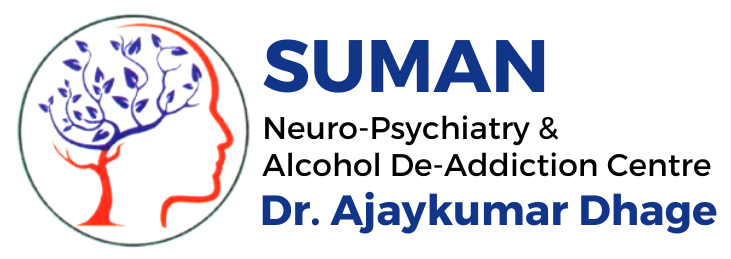Sexual Disorder

What is Sexual Disorders?
When a sexual dysfunction develops into a problem, it may become a sexual disorder. The Diagnostic and Statistical Manual (DSM) is the official handbook that clinicians use to determine an appropriate diagnosis. A compilation of sexual disorders is listed below, organized by desire and arousal disorders, orgasm disorders, and pain disorders.
These disorders are written in the DSM from a binary perspective about “men” and “women” and will be described as such for consistency. It is important to note, however, that these heteronormative and binary terms may not accurately represent how an individual self-identifies.
Terms
Some important terms to note when discussing sexual disorders include:
- Acquired: The disorder started at some point throughout one’s life. It is not a lifelong condition.
- Lifelong: The disorder has always been present.
- Situational: The problem occurs in specific contexts, such as only with a specific partner, or during partnered intercourse but not during solo masturbation.
- Generalized: The problem occurs in all situations.
Causes:
Many factors can contribute to SIAD.4 Menopause, mood disorders, and medication can impact hormones and sexual arousal or desire. Lack of intimacy or trust in the relationship can create sexual barriers, and negative sociocultural messages about sexual desire, masturbation, or sexual response can also have an adverse impact.
Treatment:
SIAD treatment typically includes a mixture of pharmacological and psychological interventions, including but not limited to, hormone treatment, cognitive behavioral therapy (CBT), and mindfulness-based interventions. The therapist should also explore any psychosocial factors that may be contributing to SIAD.
Male Hypoactive Sexual Desire Disorder:
This condition is otherwise known as low sexual desire in men. To meet criteria for a diagnosis, the symptoms must be present for a minimum of 6 months and he must find the symptoms distressing. Male HSDD can be lifelong or acquired, generalized or situational, and has a mild, moderate, or severe specifier for diagnosis.3
Risk Factors:
for the development of sexual desire problems can include problems in the relationship, sociocultural messages about masculinity, early negative messages about sex, and biomedical factors such as age, hormone production, illness, and side effects from medication.
If you have any emergency Doctor’s need, simply call our 24 hour emergency
Your personal case manager will ensure that you receive the best possible care.
Call Now (toll free)
Popular Services
Contact Us
- Behind Canara Bank, Near Old RTO Cross, Sedam Road, Kalaburagi
- [email protected]
- 08472-265086 / 796043

Copyright © 2022 Suman Hospital. All rights reserved
Developed By: Viral Boostup | +91 9110278059

